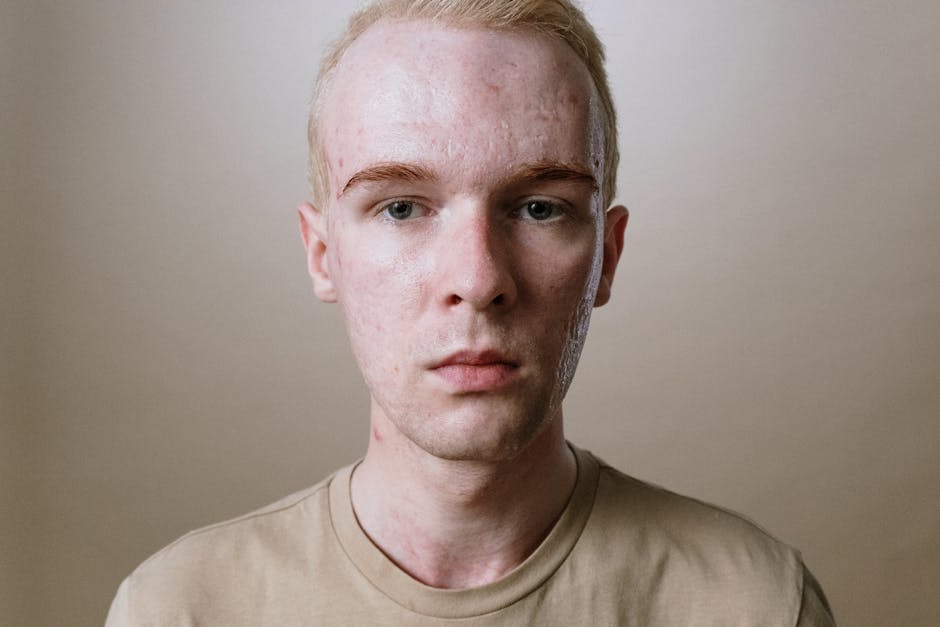Acne is one of the most common skin conditions in the world, affecting up to 85% of people at some point in their lives. While it's typically not a serious medical condition, it can have a significant impact on self-esteem and quality of life. Thankfully, there are a wide range of effective treatments available for acne.
**Understanding Acne**
Acne is caused by a combination of factors, including:
* **Excess oil production:** The sebaceous glands in the skin produce an oily substance called sebum, which helps to keep the skin moist. However, too much sebum can clog pores and lead to acne.
* **Bacteria:** The skin is home to a variety of bacteria, including Propionibacterium acnes (P. acnes). These bacteria feed on sebum and produce waste products that can irritate the skin and cause inflammation.
* **Inflammation:** When the skin becomes irritated, it produces inflammation. This can lead to redness, swelling, and pain.
**Types of Acne**
There are several different types of acne, including:
* **Comedonal acne:** This is the most common type of acne and is characterized by blackheads and whiteheads.
* **Inflammatory acne:** This type of acne is more severe and can cause papules, pustules, nodules, and cysts.
* **Cystic acne:** This is the most severe type of acne and can cause large, painful cysts that can leave scars.
**Treatments for Acne**
The treatment for acne will depend on the severity of the condition and the underlying cause. Some common treatments include:
* **Topical treatments:** These medications are applied directly to the skin and can help to reduce oil production, kill bacteria, and reduce inflammation.
* **Oral medications:** These medications are taken by mouth and can help to reduce oil production, kill bacteria, and reduce inflammation.
* **Hormonal therapy:** This type of treatment is used to regulate hormone levels that can contribute to acne.
* **Laser therapy:** This treatment uses light energy to kill bacteria and reduce inflammation.
* **Chemical peels:** These treatments use chemicals to exfoliate the skin and remove dead skin cells and bacteria.
**Preventing Acne**
While there is no surefire way to prevent acne, there are some things you can do to reduce your risk, such as:
* **Wash your face twice a day:** Use a gentle cleanser and lukewarm water. Avoid scrubbing your face, as this can irritate the skin.
* **Moisturize your skin:** Use a non-comedogenic moisturizer to help keep your skin hydrated.
* **Avoid touching your face:** This can transfer bacteria to your skin and lead to breakouts.
* **Eat a healthy diet:** Eat plenty of fruits, vegetables, and whole grains. Avoid processed foods, sugary drinks, and dairy products.
* **Get regular exercise:** Exercise can help to reduce stress levels, which can contribute to acne.
* **Manage stress:** Stress can trigger acne breakouts. Find healthy ways to manage stress, such as exercise, yoga, or meditation.
**Conclusion**
Acne is a common skin condition that can be treated effectively. If you're struggling with acne, talk to your doctor about the best treatment options for you. With proper treatment, you can achieve clear, healthy skin.

